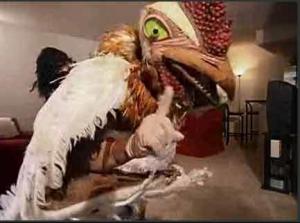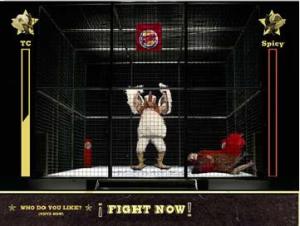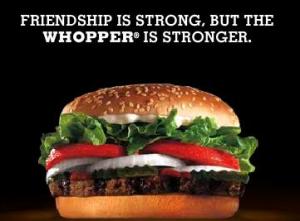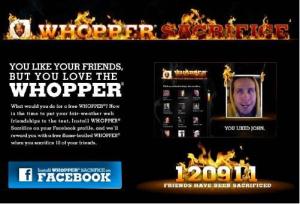Jungstil is a new online fashion retail store based in Germany that targets teenagers and young adults. The brand is promoting itself with competitive pricing due to saved expenditures through non existence of physical shopping stores. With the intention to become a special online store that stands out from the crowd, they have created a highly interactive web page around fashion and styling trends. In one section called jungstil.tv they provide visitors with self-made videos by a team of women who perform as consultants for style and fashion. They also have a section called service where they explain terms and conditions for returning goods. Moreover there is a video podcast by model and ex-fiancé of former German tennis star Boris Becker Alessandra “Sandy” Meyer-Wölden, who presents and comments some pieces from Jungstil’s collection and also talks about the latest fashion trends and states that “Jungstil’s collection can definitely keep up with New York” (watch here in German).
As a model Alessandra Meyer-Wölden is no big name, but her short relationship with Boris Becker last summer made it in the headlines of many random tabloids, mainly because she is 15 years younger and the daughter of his ex-manager who passed away in 1997 due to lung cancer (one example of Dailymail here). In 2006 she launched the jewellery brand Lovechild, which is considered to have a little bit of a “hippie-touch”, but counts itself as successful having celebrity customers such as Lenny Kravitz (read Lovechild’s biography here).
Jungstil’s page is set up similarly to video sharing site YouTube and allows visitors to place comments below each video, but users cannot upload their own videos. By doing so an email address has to be entered which provides Jungstil with necessary contact information of its visitors and enables them to conduct email marketing. This is a very simple way to collect additional contact details, as people who comment on those styling videos may be most likely part of the target audience. Furthermore users have the opportunity to ask questions and make suggestions, which are answered by the editorial staff.
As an online store there are as well the advantages of having each single interaction to customers saved in a digital format, which allows Jungstil to create a customer database and thus, database marketing. Having all customer actions digital facilitates the identification of key customers and hence, the successful implementation of key account management. The right treatment of key customers retains them over a long period and there is strong evidence of greater generated profit from each customer per year, as established by Fred Reichheld in his loyalty business model. Having so much recorded interaction provides Jungstil with competitive advantage and the opportunity for customer tailored marketing.
On the 8th of April 2009 Jungstil published a promotional video that shall encourage for online shopping. With already 116,287 views and a lively discussion representing a mixture between excitement and disgust from viewers, this video definitely shows virals marketing characteristics.
In the video you see a women picking up a piece of garment at the sales and another women appears to have interest in exactly the same piece. After asking if she can have a look at it as well and grabbing it at the same time, the two females enter a bloody fray. The video is once more a video that contains violence and blood, so please little children – do not watch it, even if it is meant to be funny!
A great way for an online store to drive web traffic to a page, considering that many people will check out their page after seeing the video. From reading through the comments on YouTube it is fair to say that more people like the video then dislike it. However, both positive and negative comments will drive traffic and generate word-of-mouth. I am pretty confident that at some point the brand will make it into German newspapers due to the video.
In my view, another brand that did a great job in reaching their target audience by using a variety of new media communication tools. It definitely sets a high standard for an online fashion retail store, even if there is still room for improvement.
And now, find the similarities! 🙂















